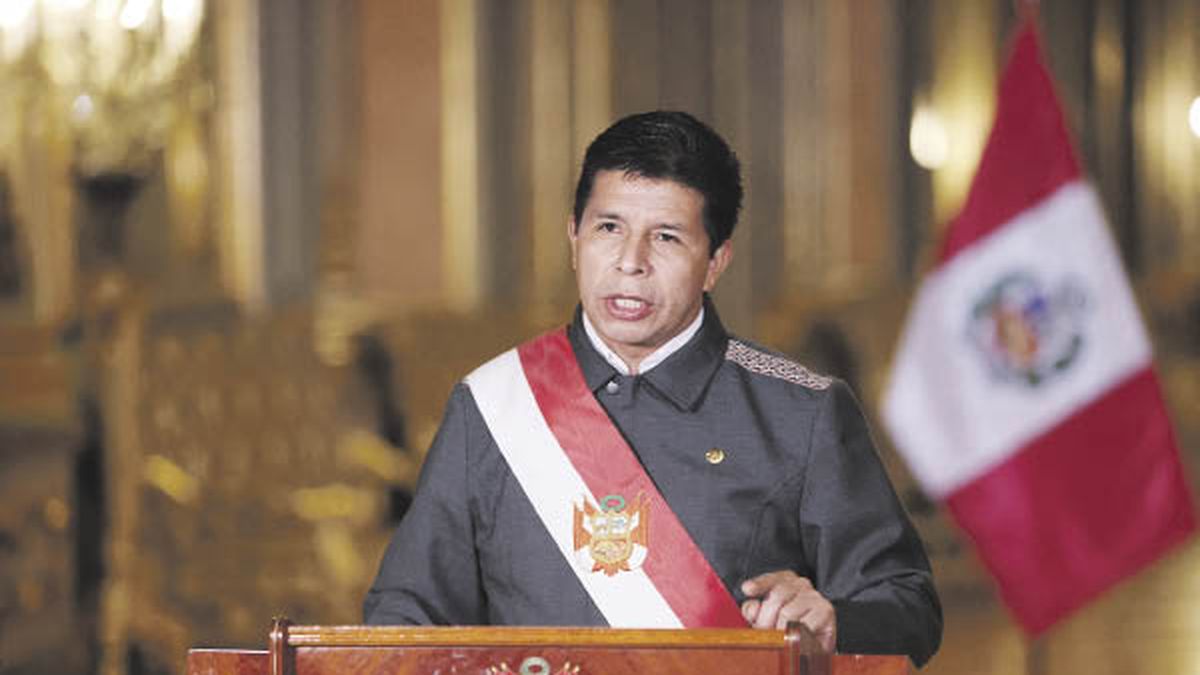In an attempt to appease the claims, the Government had eliminated the fuel tax over the weekend and decreed a 10% increase in the minimum wage, which will rise to 1,025 soles (US$277) as of May 1.
But the CGTP trade union center, the main union in the country, considered the increase insufficient and called on its members to march tomorrow.
The end of the curfew was greeted with cheers by hundreds of protesters gathered near the Congress building and in other parts of Lima, claiming that they had shaken hands with the president. “President Castillo announces that the tenure is lifted. The town did it!” Alva tweeted.
Military and police patrols guarded the semi-empty streets of Lima on Tuesday, enforcing the daytime curfew decreed by Castillo to contain protests over price hikes. The exceptional measure, which was to last until midnight yesterday, was repudiated by broad sectors of the population, including leftist leaders.
“The measures that are taken, like those that were taken, are not to go against the people, but to protect the lives of compatriots,” said Castillo, who faced the first protest in the eight months of his mandate.
Shops were closed, classes suspended and public transport was almost absent in the capital and the neighboring port of Callao, where 10 million people live, almost a third of the Peruvian population. The people of Lima were surprised by the immobilization order, announced around midnight on Monday by Castillo on television, since the disturbances that day had been focused and the most serious took place in the provinces, where at least four deaths had been recorded.
“There was information from a reserved source that acts of vandalism were going to take place today. That is the reason why we have taken this measure,” Defense Minister José Gavidia justified.
Endurance
With signs “Castle out” and banging saucepans, opposition protesters gathered near Congress, in the central Plaza San Martín and other points. The police and the military did not prevent the protest marches, but limited themselves to blocking the accesses that lead to the headquarters of the Congress.
The curfew was also not respected in the morning by many people from Lima, who went to their workplaces. The biggest problem was the lack of public transportation. Some tourists found it difficult to buy food in the city, as all restaurants and supermarkets remained closed.
It also coincided with the 30th anniversary of the self-coup d’état perpetrated by the now imprisoned former president Alberto Fujimori, on April 5, 1992. Disapproval of Castillo reaches 66%, according to a March Ipsos poll.
Source: Ambito
David William is a talented author who has made a name for himself in the world of writing. He is a professional author who writes on a wide range of topics, from general interest to opinion news. David is currently working as a writer at 24 hours worlds where he brings his unique perspective and in-depth research to his articles, making them both informative and engaging.




